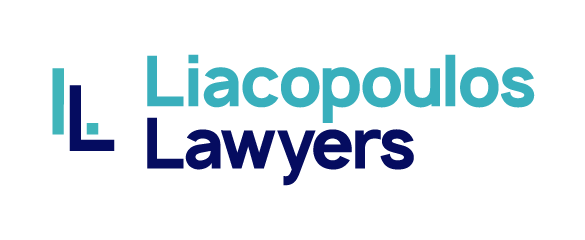There is a distinction between assets you own and assets you control. It is a common misconception that your Will deals with both. Your Will deals only with what are referred to as ‘Estate Assets’. When drafting your Will and considering how to distribute your estate, you first need to understand which assets actually form part of your estate and therefore subject to the provisions of your Will.
Estate Assets are assets that you own personally in your own name solely or as a tenant in common (as opposed to as joint tenants, or jointly owned assets).
Common estate assets include:
Examples of non-estate assets include:
Estate Assets are assets that you own personally in your own name solely or as a tenant in common (as opposed to as joint tenants, or jointly owned assets).
Common estate assets include:
- Individual bank accounts.
- Shares in trading and public companies.
- Certain chattels and household items.
- Real property.
- Collectibles.
Examples of non-estate assets include:
- Jointly held assets: the doctrine of survivorship automatically vests ownership in the surviving owner(s) of the asset on the death of an owner. As such, if a property is owned as a joint tenancy between you and your partner, this will only form part of the surviving partner’s Will. Ordinary people usually aren’t aware of the difference between ‘joint tenants’ and equal ‘tenants in common’, and as such it is prudent to refer back to the certificate of title or conduct a title search to determine how the proprietorship is registered.
- Assets held by a Trading Company: you may be the director and/or shareholder of a company, but you can’t distribute company assets under the terms of your Will. However, whilst the assets owned by a company entity will not form part of your estate, the shares in that company will if they are personally held by you. In this way, though you can’t replace yourself as a director (or company secretary) under the terms of your Will, by directing the control of the shares via terms of your Will, you can allow for the appointment of replacement director(s). Alternatively, you may wish to consider developing a Succession Plan.
- Assets held by a Trustee of a family trust: as above, though the legal ownership of the asset lies with the trustee, and the beneficial ownership of the asset lies with the beneficiaries. Care has to be taken to ensure that the existing trust deeds facilitate the appointment of replacement trustees and/or appointors after the death of the initial officeholder.
- Superannuation benefits: though it may seem strange, superannuation benefits do not form part your Estate. However, by having a properly drafted superannuation death benefits nomination to the Trustees of your superfund, your member benefits can be directed into your Estate and therefore distributed in accordance with the provisions of your Will.

